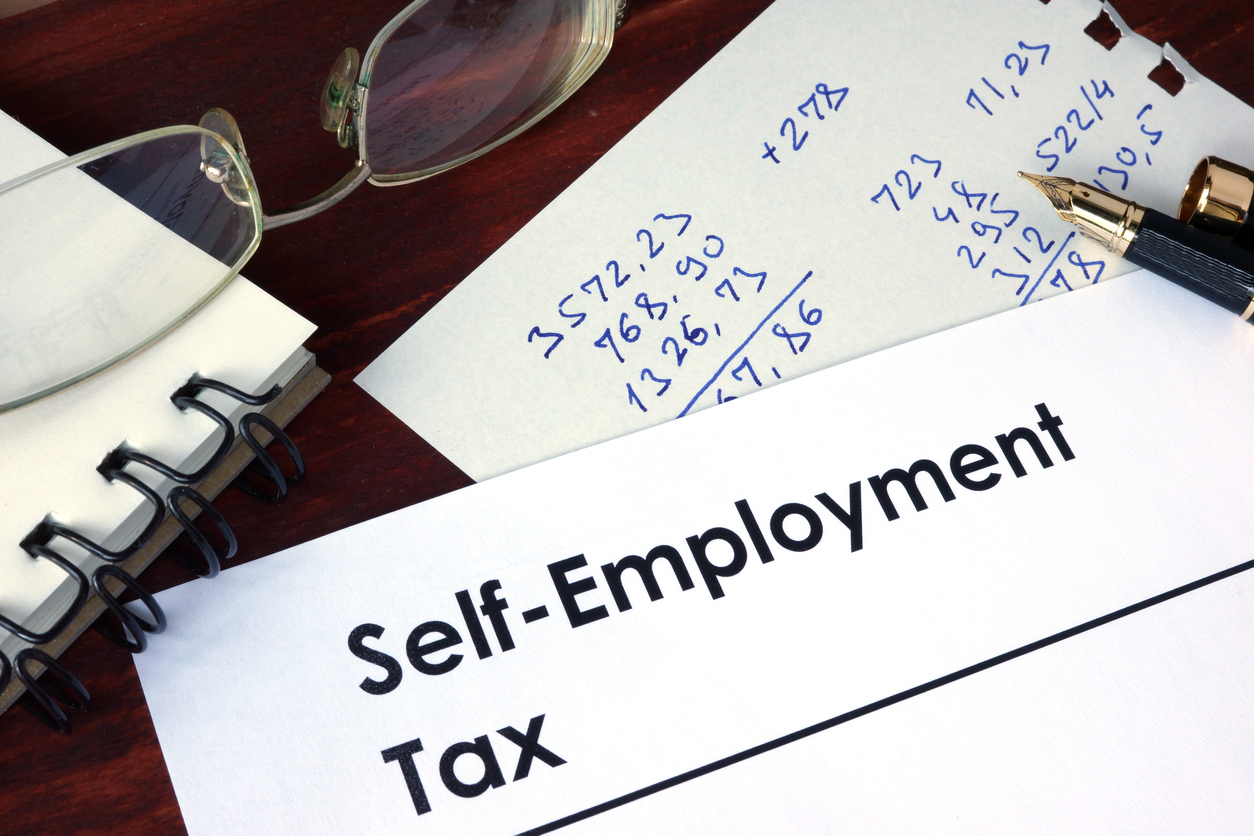An important thing to note about self-employment is the tax deductions available. Freelancers and contractors can take advantage of many valuable benefits that are not usually open for those who work full time at traditional companies, such as being self-employed means you don’t have cafeteria plans which may reduce your take home pay by 20%. There’s also SEP IRA accounts where earnings compound interest up until retirement age!
Are you a freelancer, contractor or self-employed person who works for yourself? Here are a few valuable tax deductions to consider.
Home office deduction
Your home office must be used exclusively for business purposes, and it can’t just have some chairs in the living room. If you’re self-employed or work from your house as an employee of one company then there are two options available at tax time: simplified method (Bones ) & regular method .
Initially the IRS requires an exclusive usage; secondly -and most importantly- there must also exist some sort or physical evidence linking all activities conducted in relation with said place being considered “regular.”
So, it should be used as the site where most meetings with employees occur on behalf of their company so they can take advantage from any deductions available within federal regulations such as those pertaining to real estate taxes
Education deduction
If you paid for work-related education expenses during the year, it may be worth taking a deduction on your taxes. Your payment must maintain or improve skills in what’s currently being done at home as well as give insight into another line of interest that could lead towards new opportunities with exciting prospects!
Classes taken in preparation of a new line of work aren’t deductible, but the cost of courses such as Real Estate Investment Analysis will be tax-deductible if it improves on skills that are already being used at your company.
Interest deduction
Interest on a business loan is tax-deductible and can be claimed as an expense. It’s important to track how much of the money you borrow for your company will go towards interest, which carries a significant deduction based upon its classification: either personal or business use.
If you use part of your funds for personal purposes, then only that portion which applies to running and managing your company can be claimed as an expense- however if it’s all in one go (not just allocated), then there will need to be some tracking, so records have enough context about what was spent where for what etcetera!
Health Insurance premium for Self-employed
Health care premiums are an important expense for self-employed individuals and families, but they can be costly. If you’re able to deduct your health insurance from taxes as well (in order not to have this deduction reported by itself), it will lower how much money is taken out of pocket each year with no return!
This could help put some extra cash into the pockets which would then lead onto other savings like retirement plans or vacation trips next season–all thanks just because one did their research before making such big decisions about what type of life plan would work best based on tax benefits available at any given time.
Remember that if you have a loss as a self-employed individual your health insurance premiums should still be included in your Schedule A medical expenses.
Mileage deduction
The IRS has determined that, for tax purposes, you can deduct your car expenses if they are used in connection with business trips. This means keeping excellent records of when and how much driving was done on each trip as well as what type or vehicle were used!
You should use either the standard mileage rate which will be at 58.5 cents per mile beginning 2022; OR actual cost whichever is greater. The actual expense method allows you to deduct the cost of maintaining your car in both business and personal use. You will have to file paperwork with each segmented drive, determining which portion is considered “business” for tax purposes – but it’s as simple!
Travel
To qualify as a tax deduction, business travel must last longer than an ordinary workday and take place away from the general area of your tax home (usually outside the city where it’s located). Further to be considered legitimate in nature there needs to have been specific goals set before you leave home with regards to what activities will occur while on-the road such things like finding new customers or learning skills directly related to your own small businesses.
Rent deduction
Renting an office space is a tax deduction along with all the costs of occupying the space. You can also take advantage of any equipment, furniture, or fixtures purchased for the office space. Don’t forget the wall art that is meant to beautify the space or put your clients at ease. But don’t go overboard, a 15th century chair valued at $50,000 may not be the most appropriate use of money or can be easily challenged as excessive by the IRS. In addition, keep track of those tools you buy to fix the often needed small repair.
This is but a very small list of benefits to being self-employed. Take the time to sit down with your tax preparer and review how you spent money through the year for your business. A good rule of thumb is to evaluate what it took (expenses) to produce a $1 of revenue. Often times that’s a good starting point to what could qualify as an expense.
























0 Comments